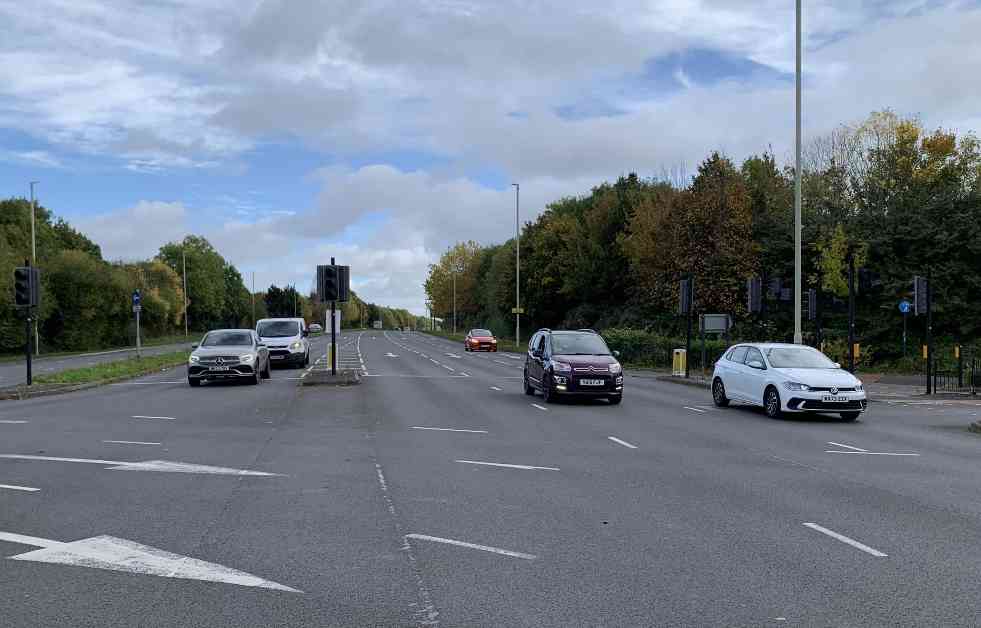Nine out of ten employees in the UK who work on sustainability and Net Zero targets are considering leaving their jobs if they feel their companies are not fully committed to these goals. A survey conducted by Equity Energies revealed that 88% of these workers are ready to quit due to organisational inaction and various barriers hindering progress in reducing greenhouse gas emissions.
The top barriers mentioned by respondents include the reduction of emission targets, lack of prioritisation of Net Zero compared to other initiatives, and internal politics causing decision-making challenges. Additionally, 77% of those surveyed expressed dissatisfaction with micromanagement and pressure to demonstrate results, impacting their job satisfaction.
The study, titled ‘Carbon Admissions: we don’t know what we don’t know’, focused on attitudes towards Net Zero progress in sectors such as hospitality, manufacturing, local authorities, and private healthcare. Despite the UK government’s commitment to achieving Net Zero by 2050, there seems to be a disconnect between organisations’ confidence in reaching these targets and the reality of achieving them.
While 94% of organisations consider Net Zero a priority, there are concerns about a lack of expertise among employees working on these initiatives. Nearly all respondents admitted to lacking knowledge in essential processes like monitoring, target setting, data analysis, and efficiency measures. This lack of expertise is compounded by slow decision-making processes around sustainability within businesses.
Ryan O’Neill, Chief Strategy Officer of Equity Energies, emphasised the importance of acknowledging gaps in knowledge and understanding when it comes to Net Zero. He encouraged open conversations within organisations to address these gaps, promote transparency, and unlock progress towards a more sustainable future.
In conclusion, while there is strong support and confidence in achieving Net Zero targets within UK organisations, there is a clear need for more education and collaboration to bridge the gap between aspirations and practical implementation. By addressing knowledge gaps and promoting open dialogue, businesses can work together towards a greener and more sustainable tomorrow.












